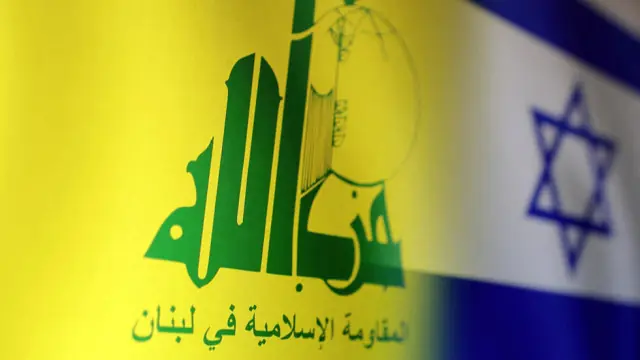In a significant development in the ongoing conflict between Israel and Hezbollah, a senior Hezbollah commander, Taleb Abdullah, also known as Abu Talib, was killed in a targeted strike on a village in southern Lebanon.
The strike, which occurred late Tuesday in the town of Jouya, intensified the already high tensions between the two adversaries, leading to a barrage of rockets fired from Lebanon into Northern Israel.
Abu Talib’s death marks the most significant loss for Hezbollah since the beginning of the recent Gaza conflict. As the overseer of the central segment of the Lebanon-Israel border, Abu Talib played a crucial role in the group’s operations in the area, heavily affected by frequent exchanges of fire.
Reports indicate that the strike, believed to be carried out by an Israeli drone, targeted a house where Abu Talib and other Hezbollah fighters were holding a meeting. While the Israeli army has not officially confirmed the strike, sources suggest that it resulted in the deaths of Abu Talib and three other Hezbollah operatives.
The killing of Abu Talib follows a series of escalating confrontations between Israel and Hezbollah. Over the past 24 hours, Northern Israel has faced at least 80 rockets fired from Lebanon, although none have reportedly hit their intended targets.
Hezbollah has claimed responsibility for nine operations against Israeli targets along the border area since yesterday, including attacks near settlements. These actions have involved the use of dozens of Katyusha rockets.
The strike that claimed Abu Talib’s life also resulted in the deaths of three Hezbollah fighters, bringing the total number of casualties among Hezbollah members, including commanders and operatives, to nearly 300, with additional civilian casualties reported.
The significance of Abu Talib’s role in Hezbollah’s hierarchy is underscored by his subordinate, Wissam Tawil, who was killed in an Israeli strike in January.
Abu Talib’s death leaves a notable void in Hezbollah’s leadership structure and raises questions about the group’s future strategy in its confrontation with Israel.
The killing of Abu Talib has prompted discussions among senior politicians and military officials about the possibility of a wider military operation or even war between Israel and Hezbollah. The already tense situation in the region has been further exacerbated by this latest escalation, with both sides on high alert for further hostilities.
As the situation continues to unfold, the international community is closely monitoring developments, fearing that any escalation could have far-reaching consequences for the stability of the region.
Efforts to de-escalate tensions and prevent further violence are urgently needed to avoid a full-scale conflict with potentially devastating consequences for both Lebanon and Israel.
This article was created using automation technology and was thoroughly edited and fact-checked by one of our editorial staff members

